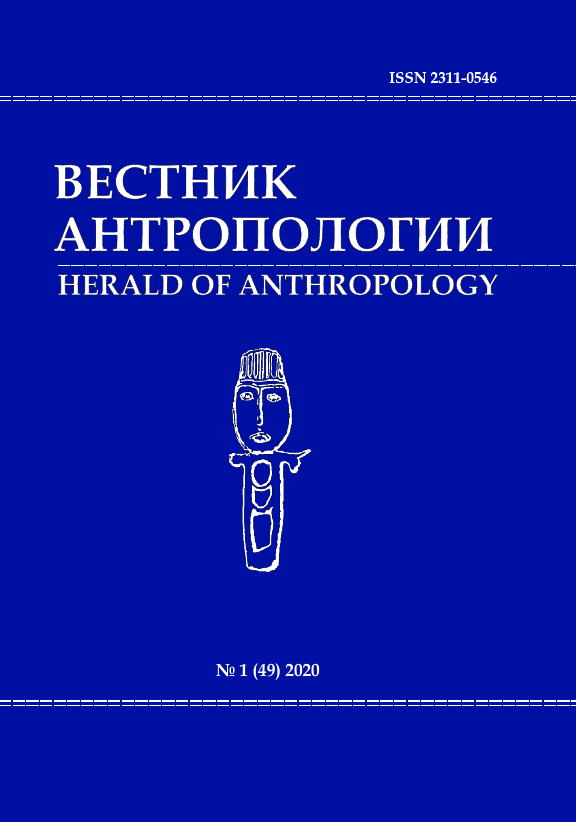Life trajectories of drug addicts: illness, religiosity and changing sociality
DOI: 10.33876/2311-0546/2020-49-1/192-208
Keywords:
drug addiction, religiosity, religious conversion, adaptation, religious capital, social capital, social status, support groupAbstract
The article, based on the author’s field materials conducted among drug-addicted patients of rehabilitation centers, examines their biographical “medical histories”, an important aspect of which is the experience of accepting a new reality, their own chronic disease. In a simple way, drug addiction can be seen as one of the variants of one’s disturbed adaptation to their familiar or a wider social environment, leading to incorrect life strategies. And if drug addiction is considered as a complex disease within the framework of the biopsychosocial model, then the treatment can consist of different practices including psychological, religious and adaptation-socialization components. The religiosity of the participants is studied based on a conceptual framework, formed by studies conducted in the USA of the phenomenon of religious conversion in the midst of new religious movements. The article analyzes the role of religiosity in the emergence and maintenance of a patient’s interest in treatment and in the development of a new social reality. The author also examines the attitude of drug addicts to modern therapeutic practices that use the religious factor directly, and studies their life trajectories.
References
- Bogdanovskaia, I.M. 2002. Smyslovaia organizatsiia sovremennogo religioznogo opyta lichnosti [Semantic Organization Contemporary Religious Personality Experience]. PhD diss. abstract, St. Petersburg.
- Bulanova, I.S. 2015. Izmenenie samosoznaniia pod vliianiem rastushchei religioznosti [Identity Change Influenced by Increasing Religiosity]. PhD diss., Yaroslavl’.
- Gillespie, V.B. 1991. The Dynamics of Religious Conversion, Identity and Transformation. Birmingham: Religious Education Press.
- Ho-Yee Ng, and D.T.L. Shek. 2001. Religion and Therapy: Religious Conversion and the Mental Health of Chronic Heroin-Addicted Persons. Journal of Religion and Health 40 (4): 399–410.
- Ipatova, L.P. 2006. Tipy religioznogo obrashcheniia v pravoslavie zhenshchin v sovremennoi Rossii [Types of Religious Conversion in the Orthodoxy of Women in Modern Russia]. PhD diss., Moscow.
- Ipatova, L.P. 2006. Votserkovlenie: dva biograficheskikh primera [Community Entry: Two Biographical Examples]. Chelovek, soobshchestvo, upravlenie 3: 62–77.
- Lofland, J., and R. Stark. 1965. Becoming a World-Saver: A Theory of Conversion to a Deviant Perspective. American Sociological Review 30 (6): 862–875.
- Stark, R., and R. Finke. 2000. Acts of Faith: Explaining the Human Side of Religion. Berkeley: University of California Press.
- Stark, R., and W.S. Bainbridge. 1987. A Theory of Religion. New York: Peter Lang.





















